
Kód: 05145425
Peasant Family and Rural Development in the Yangzi Delta, 1350-1988
Autor Philip C. C. Huang
How can we account for the durability of subsistence farming in China despite six centuries of vigorous commercialization from 1350 to 1950 and three decades of collectivization between 1950 to 1980? Why did the Chinese rural econ ... celý popis
- Jazyk:
 Angličtina
Angličtina - Vazba: Brožovaná
- Počet stran: 440
Nakladatelství: Stanford University Press, 1990
- Více informací o knize

Mohlo by se vám také líbit
-
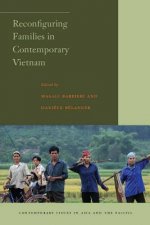
Reconfiguring Families in Contemporary Vietnam
996 Kč -
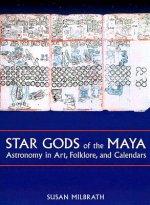
Star Gods of the Maya
1189 Kč -
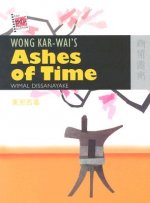
Wong Kar-wai's Ashes of Time
695 Kč -
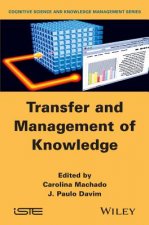
Transfer and Management of Knowledge
4890 Kč -

Bilingualism in International Schools
3793 Kč -

Noncitizen & Illegal Alien Access to Benefits & Assistance
5674 Kč -

Sam Steele
541 Kč
Darujte tuto knihu ještě dnes
- Objednejte knihu a zvolte Zaslat jako dárek.
- Obratem obdržíte darovací poukaz na knihu, který můžete ihned předat obdarovanému.
- Knihu zašleme na adresu obdarovaného, o nic se nestaráte.
Více informací o knize Peasant Family and Rural Development in the Yangzi Delta, 1350-1988
Nákupem získáte 92 bodů
 Anotace knihy
Anotace knihy
How can we account for the durability of subsistence farming in China despite six centuries of vigorous commercialization from 1350 to 1950 and three decades of collectivization between 1950 to 1980? Why did the Chinese rural economy not undergo the transformation predicted by the classical models of Adam Smith and Karl Marx? In attempting to answer this question, scholars have generally treated commercialization and collectivization as distinct from population increase, the other great rural change of the past six centuries. This book breaks new ground in arguing that in the Yangzi delta, China's most advanced agricultural region, population increase was what drove commercialization and collectivization, even as it was made possible by them. The processes at work, which the author terms involutionary commercialization and involutionary growth, entailed ever-increasing labor input per unit of land, resulting in expanded total output but diminishing marginal returns per workday. In the Ming-Qing period, involution usually meant a switch to more labor-intensive cash crops and low-return household sidelines. In post-revolutionary China, it typically meant greatly intensified crop production. Stagnant or declining returns per workday were absorbed first by the family production unit and then by the collective. The true significance of the 1980's reforms, the author argues, lies in the diversion of labour from farming to rural industries and profitable sidelines and the first increases for centuries in productivity and income per workday. With these changes have come a measure of rural prosperity and the genuine possibility of transformative rural development. By reconstructing Ming-Qing agricultural history and drawing on twentieth-century ethnographic data and his own field investigations, the author brings his large themes down to the level of individual peasant households. Like his acclaimed The Peasant Economy and Social Change in North China (1985), this study is noteworthy for both its empirical richness and its theoretical sweep, but it goes well beyond the earlier work in its inter-regional comparisons and its use of the pre- and post-1949 periods to illuminate each other.
 Parametry knihy
Parametry knihy
Zařazení knihy Knihy v angličtině Humanities History History: specific events & topics
921 Kč
- Plný název: Peasant Family and Rural Development in the Yangzi Delta, 1350-1988
- Autor: Philip C. C. Huang
- Jazyk:
 Angličtina
Angličtina - Vazba: Brožovaná
- Počet stran: 440
- EAN: 9780804717885
- ISBN: 0804717885
- ID: 05145425
- Nakladatelství: Stanford University Press
- Hmotnost: 590 g
- Rozměry: 229 × 152 × 23 mm
- Datum vydání: 01. June 1990
Oblíbené z jiného soudku
-

Man's Search for Meaning
178 Kč -
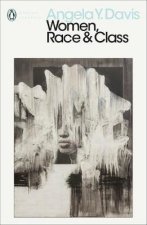
Women, Race & Class
276 Kč -

Pianist
279 Kč -

Out Of Place
303 Kč -
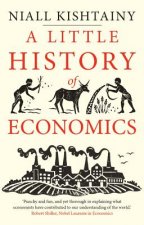
Little History of Economics
350 Kč -
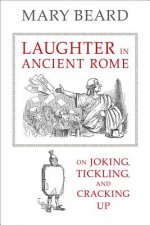
Laughter in Ancient Rome
501 Kč -

Civilization and Capitalism, 15th-18th Century
1611 Kč -

Armies of Medieval Burgundy 1364-1477
395 Kč -

Night
249 Kč -
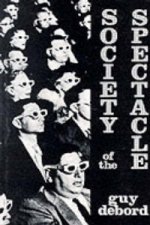
Society of the Spectacle
291 Kč -

Imperialism: The Highest Stage of Capitalism
196 Kč -

Man's Search For Meaning
410 Kč -
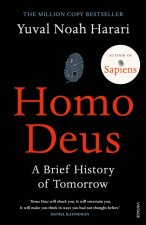
Homo Deus
358 Kč -
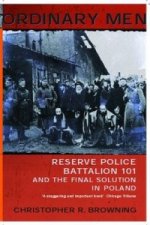
Ordinary Men
306 Kč -

Black Earth
358 Kč -

The Complete MAUS
462 Kč -
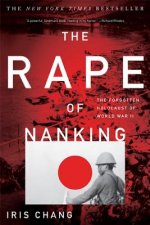
The Rape of Nanking
441 Kč -

Madness and Civilization
419 Kč -

Conquerors
306 Kč -

Stoned
276 Kč -

Twelve Years a Slave
90 Kč -

At Home
303 Kč -
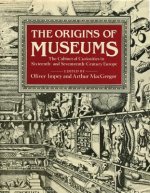
Origins of Museums
1370 Kč -
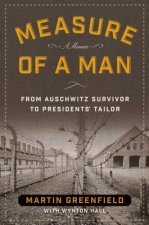
Measure of a Man
373 Kč -
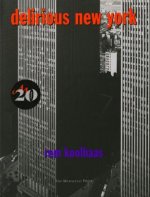
Delirious New York
679 Kč -

Eichmann in Jerusalem
306 Kč -
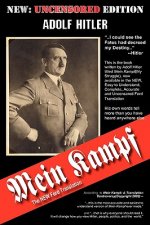
Mein Kampf - The Ford Translation
985 Kč -

Bloodlands
358 Kč -

Guns, Germs and Steel
358 Kč -

Cold War Submarines
865 Kč -

Fall of Public Man
410 Kč -

Che Guevara
550 Kč -

Dancing In The Streets
303 Kč -

Fix the Pumps
350 Kč -

Blue
1018 Kč -
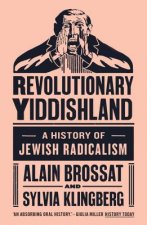
Revolutionary Yiddishland
336 Kč -

Commandant Of Auschwitz
303 Kč -

Jewish State
277 Kč -

Eichmann in Jerusalem
357 Kč -

Reflections on the Revolution in France
249 Kč -
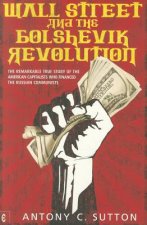
Wall Street and the Bolshevik Revolution
357 Kč -

Corgi Toys
407 Kč -

Night
276 Kč -
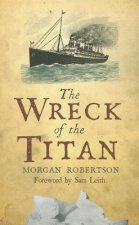
Wreck of the Titan
306 Kč -

McMafia
303 Kč -

Intimate History of Humanity
357 Kč -
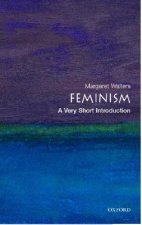
Feminism: A Very Short Introduction
249 Kč -
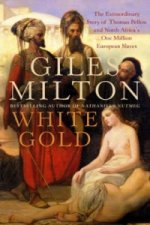
White Gold
357 Kč -
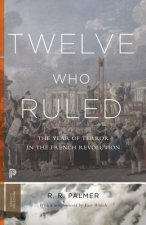
Twelve Who Ruled
602 Kč
Osobní odběr Praha, Brno a 12903 dalších
Copyright ©2008-24 nejlevnejsi-knihy.cz Všechna práva vyhrazenaSoukromíCookies



 Vrácení do měsíce
Vrácení do měsíce 571 999 099 (8-15.30h)
571 999 099 (8-15.30h)